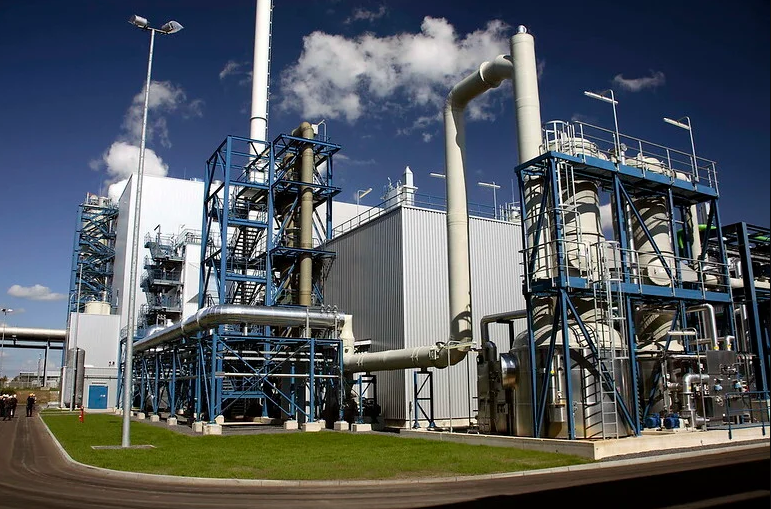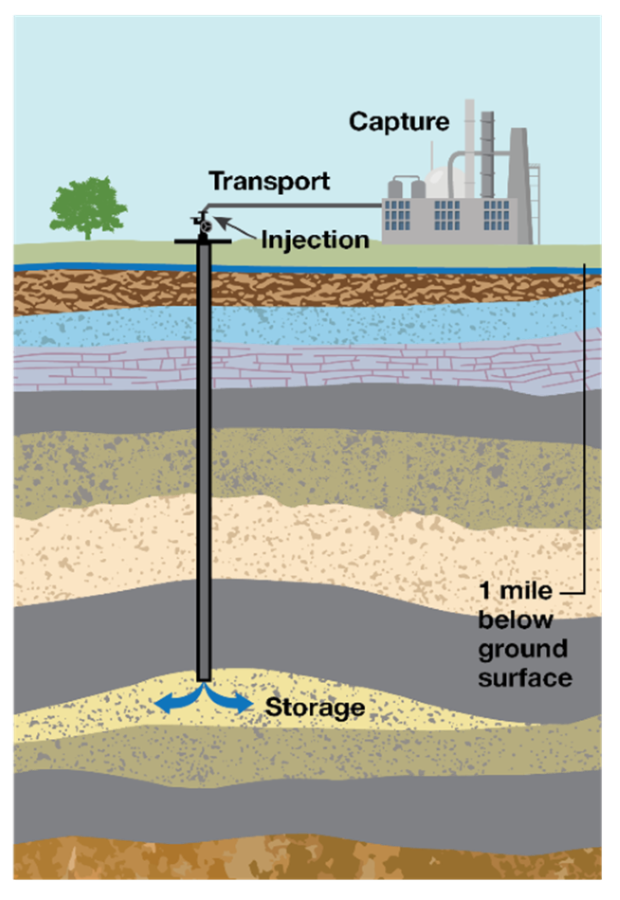As the world seeks to drastically reduce carbon dioxide emissions, clean hydrogen shows real potential to be part of the solution, particularly for those 20-30% of emissions that may be unmanageable through direct electrification. While hydrogen made from renewable energy can be the cleanest form, many in industry and government are shifting their focus towards blue hydrogen, made from natural gas. This shift presents opportunities for hydrogen’s growth, but also fundamental challenges that could determine whether the fuel provides meaningful decarbonization progress or quickly takes us in the wrong direction.
Energy Exchange
Getting to clean: The carbon capture imperative for blue hydrogen
Carbon dioxide injection wells require deliberate and protective liability rules
Post-closure liability management may be a rather obscure part of the burgeoning carbon capture and sequestration , or CCS, industry. But more and more lawmakers and regulators in U.S. states and around the world recognize it’s an important piece of their climate change agenda.
As Texas fails to stop flaring, EPA must act
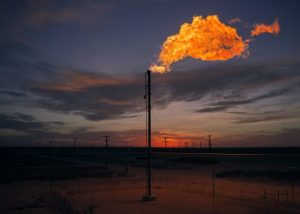 Routine flaring in Texas is, well, too routine. It’s wasteful, harmful for health and the climate, and getting permission to burn gas instead of finding a productive use for it is far too easy in our state. Over 1 trillion cubic feet of Texas gas have been vented or flared by operators in the past decade — as much gas as 14 million Texas households use in an entire year.
Routine flaring in Texas is, well, too routine. It’s wasteful, harmful for health and the climate, and getting permission to burn gas instead of finding a productive use for it is far too easy in our state. Over 1 trillion cubic feet of Texas gas have been vented or flared by operators in the past decade — as much gas as 14 million Texas households use in an entire year.
Under mounting pressure from investors, communities and oil and gas operators, factions of industry have made recent public commitments to reduce this wasteful practice. For example, the Texas Methane and Flaring Coalition announced a collective goal to end routine flaring in Texas by 2030.
This may sound like progress, but in reality it’s yet another decade of wasteful flaring and a pledge that comes with no commitment to the regulatory changes vital to make it happen statewide. We can’t wait that long.
Texas forms new group to weigh pros, cons of repurposing oilfield wastewater
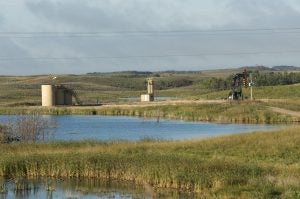 Some Texas leaders and oil and gas industry advocates have for years promoted the idea that produced water — the wastewater generated through oil and gas development — has a role to play in meeting broad water needs in our state. However, the state has a limited understanding of the chemicals in this wastewater and how programs to reuse it outside the oilfield could be practiced safely, if at all.
Some Texas leaders and oil and gas industry advocates have for years promoted the idea that produced water — the wastewater generated through oil and gas development — has a role to play in meeting broad water needs in our state. However, the state has a limited understanding of the chemicals in this wastewater and how programs to reuse it outside the oilfield could be practiced safely, if at all.
Acknowledging the necessity to better understand treatment needs, economic challenges, and public health and environmental risks of industry’s wastewater, the Texas Legislature recently passed Senate Bill 601, establishing a Texas Produced Water Consortium. The consortium will be housed at Texas Tech University, and will bring together a wide swath of agency advisors, technical experts and key stakeholders to consider these issues and produce a report with recommendations over the next year. The group is charged with suggesting legal and regulatory changes to better enable beneficial uses, identifying pilot projects and assessing the economics of using produced water both efficiently but also in a way that protects public health and the environment.
Answering these questions will be no easy feat, and Texas should definitely not encourage beneficial reuse until it can confidently answer tough questions about safety.
If we’re not careful, EPA’s new water reuse plan could lead to more pollution
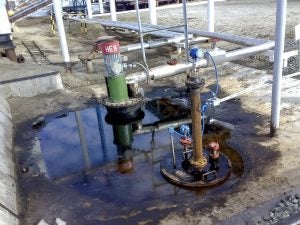 Last week, the Environmental Protection Agency released details of a new plan that aims to address concerns about future water shortages. The Water Reuse Action Plan suggests that by recycling and reusing more wastewater, we can “improve the availability of freshwater” and avoid a water access crisis.
Last week, the Environmental Protection Agency released details of a new plan that aims to address concerns about future water shortages. The Water Reuse Action Plan suggests that by recycling and reusing more wastewater, we can “improve the availability of freshwater” and avoid a water access crisis.
There are certainly a number of opportunities we can and should seize to make better use of our water resources, but the plan leaves out a lot of crucially important details that must be a part of any truly sustainable water plan.
One of the biggest concerns EDF has is how the plan frames (or, more specifically doesn’t frame) important issues with reusing the oil and gas industry’s wastewater.
Oil and gas wastewater is extremely complicated. It’s very salty and it can contain radioactive chemicals from deep underground, toxic substances used in the drilling process, and a slew of other concerning pollutants. What’s in the water varies from day-to-day, well site-to-well site and state-to-state, which makes it even more difficult to set any kind of safety standard for how to treat it.
Clean water regulators at the brink — Changes to the Clean Water Act spell trouble for New Mexico
 Earlier this year, U.S. Environmental Protection Agency released its proposal to dismantle significant portions of the Clean Water Act. Historic federal protections for some rivers and streams and wetlands will no longer be there — essentially allowing polluters to dump untold amounts of waste into our waterways unless state provisions stop them.
Earlier this year, U.S. Environmental Protection Agency released its proposal to dismantle significant portions of the Clean Water Act. Historic federal protections for some rivers and streams and wetlands will no longer be there — essentially allowing polluters to dump untold amounts of waste into our waterways unless state provisions stop them.
The decision could generate unknown repercussions to waterways across the country, and perhaps no state is more vulnerable than New Mexico.
The reason? New Mexico has very few surface water protections of its own, which means without federal standards, the state is facing an uphill battle to develop the tools it needs in order to step in and prevent polluters from contaminating water.










